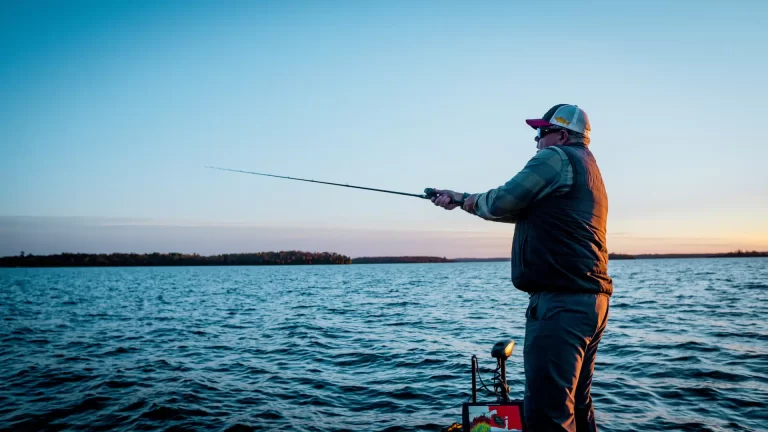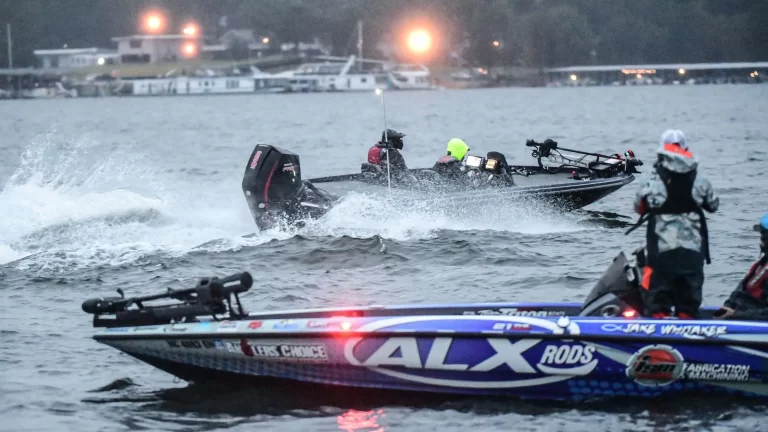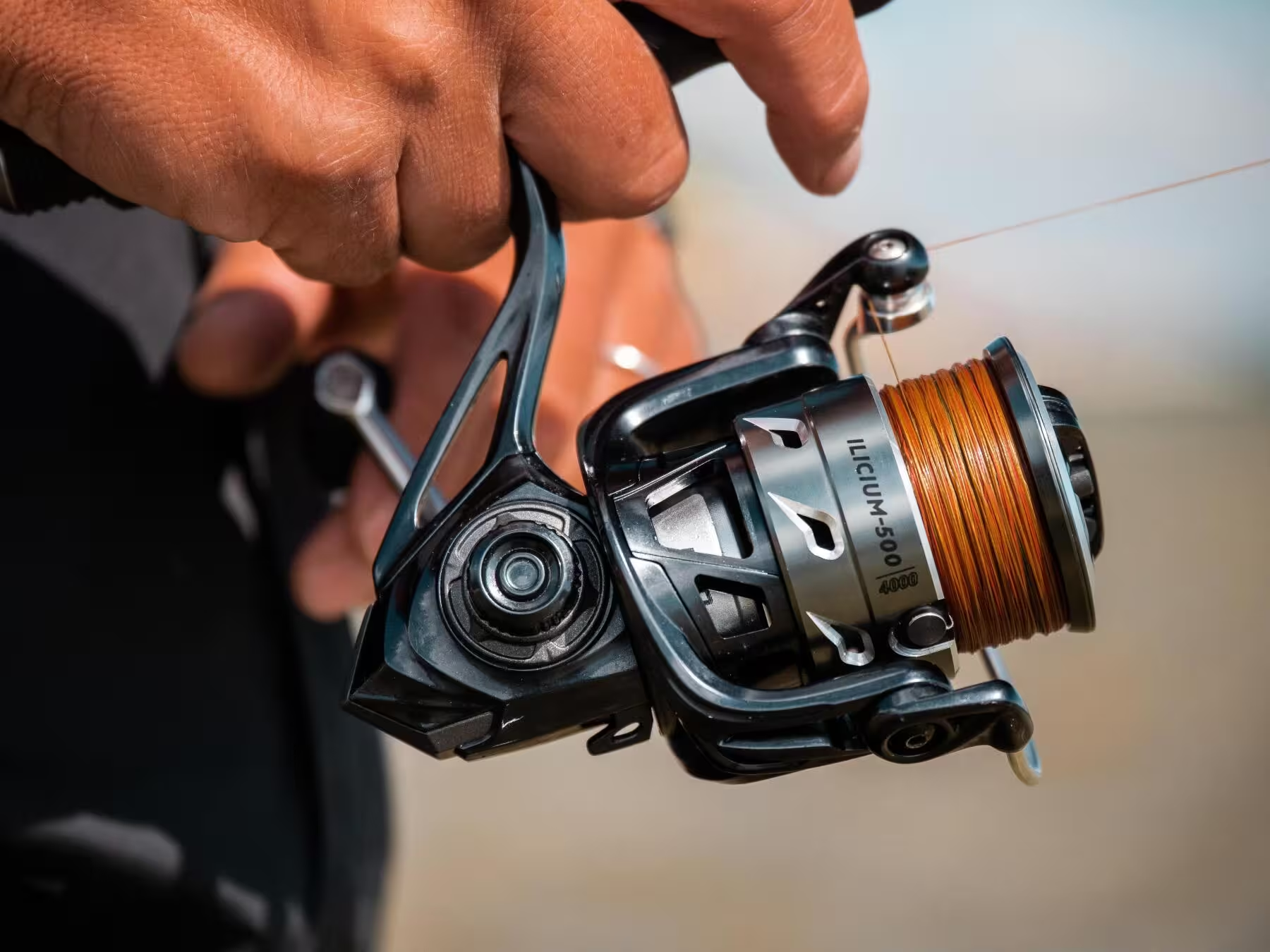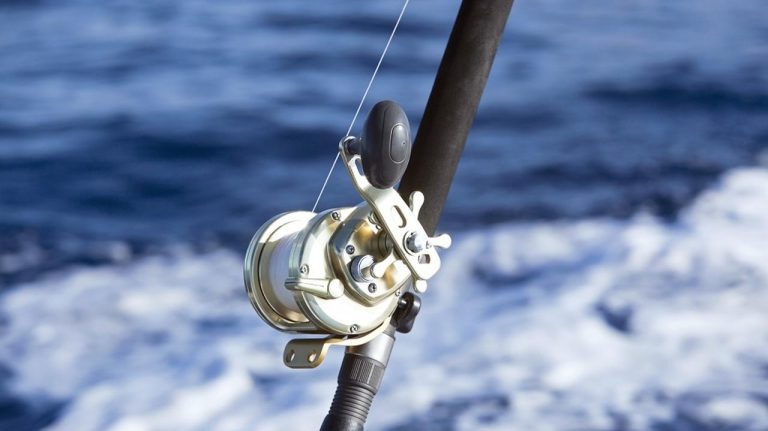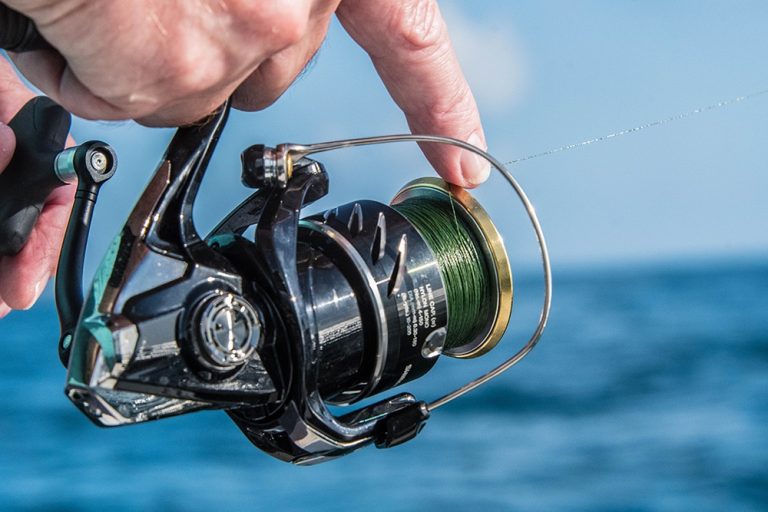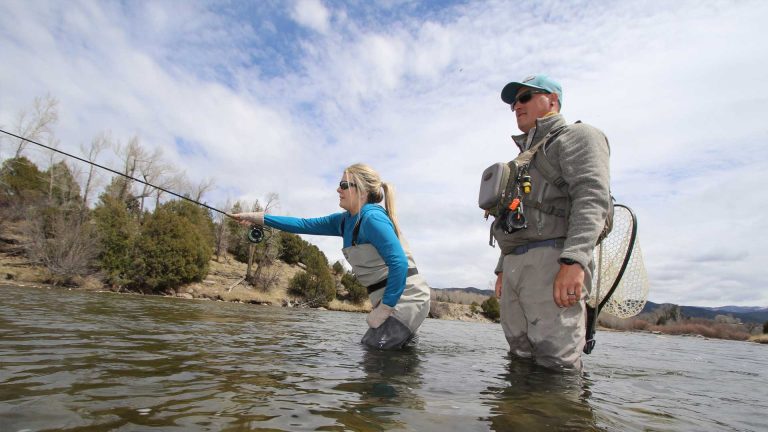Are you an out-of-state angler eager to explore the diverse fishing opportunities in Connecticut? Look no further! In this comprehensive guide, we’ll walk you through everything you need to know about obtaining a non-resident Connecticut fishing license. From the types of licenses available to the costs and where to purchase them, we’ve got you covered. By the end of this article, you’ll be fully equipped to embark on an unforgettable fishing adventure in the Constitution State.
Why You Need a Non-Resident Fishing License in Connecticut
First things first, let’s address why you need a fishing license as a non-resident in Connecticut. It’s not just about complying with state regulations; it’s also about supporting conservation efforts. The funds generated from fishing licenses contribute to the state’s ongoing work in habitat restoration, fish stocking, and maintaining the health of aquatic ecosystems. By purchasing a license, you’re playing a vital role in preserving Connecticut’s rich fishing heritage and ensuring that these resources are available for generations to come.
Types of Non-Resident Fishing Licenses in Connecticut
Connecticut offers a variety of fishing licenses tailored to the needs of non-resident anglers:
- All Waters License: This all-purpose license is your ticket to fishing in both saltwater and freshwater bodies throughout the state. It’s perfect if you want to explore a wide range of fishing opportunities without any restrictions.
- Marine License: If your heart is set on saltwater fishing, the Marine License is the way to go. It allows you to fish exclusively in Connecticut’s coastal waters and Long Island Sound.
- Inland License: For those who prefer the tranquility of freshwater fishing, the Inland License grants you access to Connecticut’s numerous lakes, rivers, and streams.
- Short-Term Licenses: If you’re visiting Connecticut for a short period, you can opt for a 3-day license for either inland or marine waters. These licenses are perfect for weekend getaways or brief fishing trips.
- Trout and Salmon Stamp: While not a standalone license, the Trout and Salmon Stamp is a must-have if you plan on targeting these prized fish species. It’s required for fishing in designated Trout Management Areas, Wild Trout Management Areas, Trout Parks, or Atlantic Salmon Management Areas.
Non-Resident Fishing License Costs
Now that you know the different types of licenses available, let’s talk about the costs. The prices for non-resident fishing licenses in Connecticut are as follows:
- All Waters License: $63 for an annual license
- Marine License: $15 for an annual license, $8 for a 3-day license
- Inland License: $55 for an annual license, $22 for a 3-day license
- Trout and Salmon Stamp: $5 for non-residents
Keep in mind that these prices are subject to change, so it’s always a good idea to check the official Connecticut Department of Energy and Environmental Protection (DEEP) website for the most up-to-date information.
Where to Purchase a Non-Resident Fishing License
Obtaining your non-resident fishing license in Connecticut is a breeze, with several convenient options available:
- Online: The easiest and most convenient way to get your license is through the DEEP’s Online Outdoor Licensing System. You can purchase your license from the comfort of your home and print it immediately or save a digital copy on your mobile device.
- In-Person: If you prefer a more traditional approach, you can visit any of the authorized license vendors located throughout the state. These include sporting goods stores, town halls, and DEEP offices. The DEEP website provides a complete list of vendors for your convenience.
- By Phone: You can also purchase your license over the phone by calling the DEEP’s licensing hotline at 1-860-424-3105. Have your credit card ready, and you’ll be all set in no time.
Reciprocity Agreements with Neighboring States
If you already have a valid fishing license from a neighboring state, you might be in luck. Connecticut has reciprocity agreements with several states, allowing anglers to fish in certain waters without additional permits:
- New York, Rhode Island, Massachusetts, and Maine: If you have a valid saltwater fishing license from any of these states, you can fish in Connecticut’s marine district without needing a separate license.
- New York and Rhode Island: Anglers with valid freshwater fishing licenses from these states can fish in specific border waters, such as Lake Lillinonah and Breakneck Pond (NY) or Beach Pond (RI).
Fishing Regulations and Best Practices
Obtaining your non-resident fishing license is just the first step. To ensure a legal and enjoyable fishing experience, it’s crucial to familiarize yourself with Connecticut’s fishing regulations. The DEEP publishes an annual Connecticut Fishing Guide, which contains all the necessary information, including size limits, daily catch limits, and seasons for various fish species. You can find the guide online or at any license vendor.
As a responsible angler, it’s essential to practice catch-and-release fishing whenever possible to help maintain healthy fish populations. When keeping fish for consumption, make sure to adhere to the state’s guidelines on minimum sizes and daily limits. Additionally, be mindful of your surroundings and dispose of any trash or fishing line properly to keep Connecticut’s waterways clean and safe for wildlife.
Do I need a separate license for saltwater and freshwater fishing in Connecticut?
No, the All Waters License covers both saltwater and freshwater fishing. However, if you plan on fishing exclusively in either saltwater or freshwater, you can opt for the Marine License or Inland License, respectively.
Can I purchase a non-resident fishing license for a specific period, such as a week or a month?
Connecticut offers 3-day licenses for both inland and marine waters. For longer durations, you’ll need to purchase an annual license, which is valid for the calendar year.
Are there any age-based discounts for non-resident fishing licenses?
No, Connecticut does not offer age-based discounts for non-resident fishing licenses. All non-residents aged 16 and above are required to purchase a license at the standard rates.
Do I need a fishing license if I’m fishing on a charter boat or with a guide?
If you’re fishing on a licensed charter boat or with a licensed guide, you may not need an individual fishing license. However, it’s always best to check with your charter operator or guide beforehand to confirm the requirements.
Can I fish in Connecticut’s trout parks without a Trout and Salmon Stamp?
No, a Trout and Salmon Stamp is required for all anglers aged 16 and above who wish to fish in designated Trout Management Areas, Wild Trout Management Areas, Trout Parks, or Atlantic Salmon Management Areas, regardless of whether they intend to keep or release their catch.
Conclusion
Obtaining a non-resident Connecticut fishing license is a simple and essential step in ensuring a memorable and law-abiding fishing experience in the Constitution State. By understanding the different types of licenses, their costs, and where to purchase them, you’ll be well-prepared to explore the diverse fishing opportunities Connecticut has to offer.
Remember to always check the current fishing regulations, practice responsible angling, and respect the environment to help preserve Connecticut’s fishing heritage for generations to come. With your non-resident fishing license in hand, you’re ready to embark on an unforgettable fishing adventure in the beautiful waters of Connecticut.
So what are you waiting for? Get your non-resident Connecticut fishing license today and start planning your next angling escapade in the Nutmeg State!
